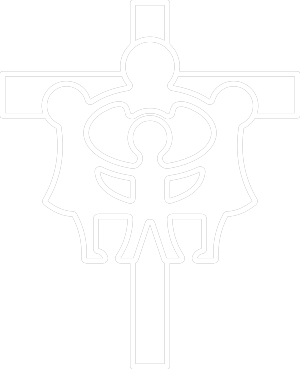Geography
"Be devoted to one another in love. Honour one another above yourselves."
Romans 12:10
Intent
At Aspull Church Primary School we believe that geography provides answers to questions about the natural and human aspects of the world and helps to provoke curiosity and a fascination about the world and its people. The aim of geography is to encourage the children to develop a greater understanding of the world as well as their place in it and to also prepare the children for opportunities and experience of later life.
The geography curriculum enables children to develop knowledge and skills that are progressive and are also transferable to other curriculum areas. It is also used to promote their spiritual, moral, social and cultural development. Geography is by nature an investigative subject which develops an understanding of concepts, knowledge and skills.
Children investigate a range of places both in Britain and abroad. We are committed to providing children with opportunities to investigate and make enquiries about their local area.
Through high quality teaching, we develop the following essential characteristics of geographers:
- An excellent knowledge of where places are and what they are like, both in Britain and the wider world.
- A comprehensive understanding of the ways in which places are interdependent and interconnected.
- An extensive base of geographical knowledge and vocabulary.
- Fluency in geographical enquiry and the ability to apply questioning skills.
- The ability to reach clear conclusion and explain their findings.
- A genuine interest in the subject and sense of curiosity about the world and the people who live here.
Implementation
Geography is taught within blocks throughout the year. Teachers identify the key knowledge and skills of each blocked topic and consideration is given to ensure that progression across topics throughout the year group and across the whole school. Consideration is also given to how greater depth will be taught, learned and demonstrated within each lesson as well as how learners will be supported in line with the schools’ commitment to inclusion.
There are cross curricular and creative outcomes planned with strong links between geography and literacy. In EYFS geography can be identified throughout all the topics for example: ‘All about me’ – the children learn about where they live. ‘Why do the leaves fall from the trees’ – children begin to investigate the changes in seasons. ‘Where are the Wild Things?’ – understanding that animals come from different countries in the world and the growth topic includes identifying where various fruit and vegetables are grown and the type of climate they need to grow successfully.
In key stages 1 and 2 pupils progressively develop knowledge about the world and the UK, for example in year 1 they learn about the four countries of the UK and the seven continents of the world. They will then learn progressively about location knowledge so by the time they reach years 5 and 6 they can name and locate counties of the UK. They can also describe how locations around the world are changing and explain the reasons for change.
This progression can be found in the four strands of the National Curriculum including place knowledge, human and physical knowledge and geographical skills and fieldwork.


